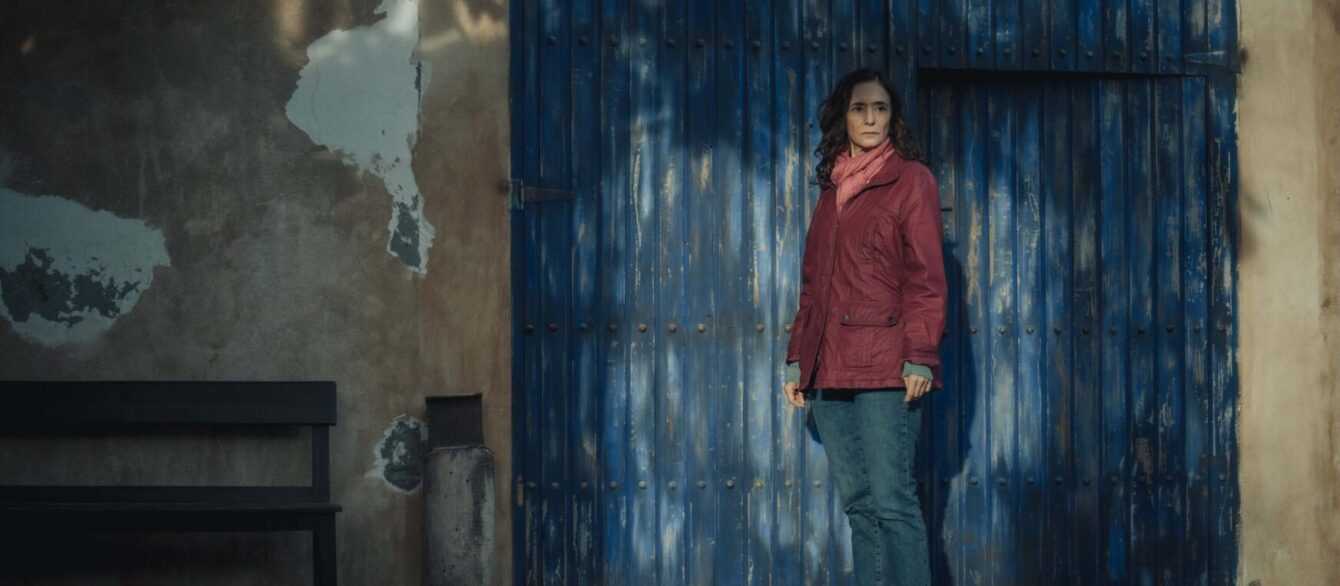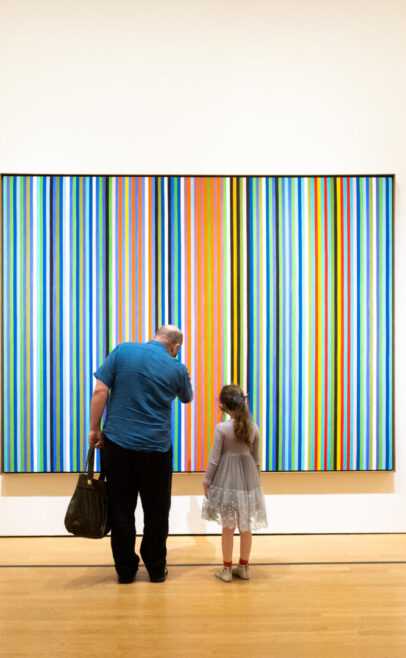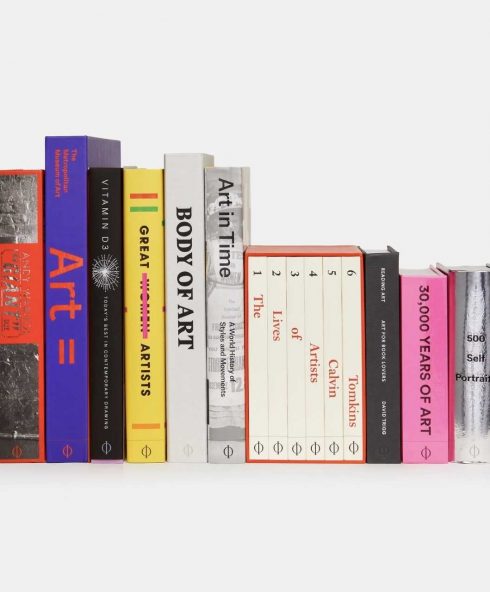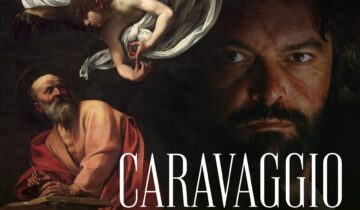“Spanish director Víctor Erice’s fourth film in 50 years, Close Your Eyes is the culmination of one of the most legendary careers in modern cinema, following the masterpieces The Spirit of the Beehive, El Sur, and The Quince Tree Sun. In this elegiac personal epic about time, memory, and, of course, the movies, an aging filmmaker named Miguel (Manolo Solo) is reluctantly pulled back into a decades-old mystery connected to his final, unfinished work, titled The Farewell Gaze. During production, his leading actor and close friend, Julio (Jose Coronado), vanished and was never heard from again; in the process of trying to track him down so many years later, Miguel must come to terms with his own past, his present life, and the irrevocably changed processes of his art form. Featuring captivating performances from a cast that also includes Ana Torrent (Beehive’s unforgettable child star) in a moving role as Julio’s grown daughter, Close Your Eyes is a poignant, summative work that finds original ways to remind viewers of the moving image’s ability to reach across time.” -New York Film Festival
Director’s Notes:
“What film do I want to make and why? In an effort to be brief and precise, my answer is as follows: the one that naturally blossoms from the script I’ve written; and out of pure and simple necessity. However, I get the feeling that this answer won’t be enough and so I’m going to try and explain something of what Close Your Eyes might entail, although I well understand that to do this, I will have to delve into the terrain of the conceptual. Nonetheless, I shall lay out my declaration of intentions, which are of course good, even though it is well known that the path to hell is often paved with good intentions.
My impression is that, beyond the details of its plot, the story the film wants to portray to the audience revolves around two, intimately connected themes: identity and memory. The memory of two friends, who, once upon a time, were an actor and a movie director. Over time, one has lost his memory completely, to the point that he doesn’t know who he is, or who he was; the other is doing his best to forget, but despite hiding himself away, he finds that the past and its pain still haunt him. Memory, also contained in the archives of television, a medium that represents like no other the contemporary urge to turn the human experience into a tangible record.
Memory, in short, of the cinematographer: copies safeguarded in tin coffins, far from the movie theaters that saw them come to life, ghosts of a unique story, socially usurped by the Audiovisual. Memory, now long, like the one of the person writing these lines.
The tale that incorporates all these traits comes half from lived experience and half from imagination. As I have worked on the scripts for all my films, it is only natural to assume that the themes they deal with have to do with my most intimate concerns and interests in life, those that belong to the art of poetry, where the experience of watching a movie, and I cannot insist on this enough, becomes a protagonist in its own right.
In this sense, in Close Your Eyes, two different styles of cinema come together: firstly, there is the classic style, with its illusionist norms in terms of atmosphere and characters, and secondly, there is the modern style, which is impregnated with reality. Or, to put it another way, there are two types of story: one which emerges from the shelter of legend, depicting life not so much as it was, but as it should have been; and then, there is a second one, one that is set adrift and contemporary, in which neither memory, nor the future are certain.” – Víctor Erice








